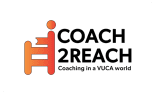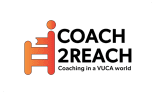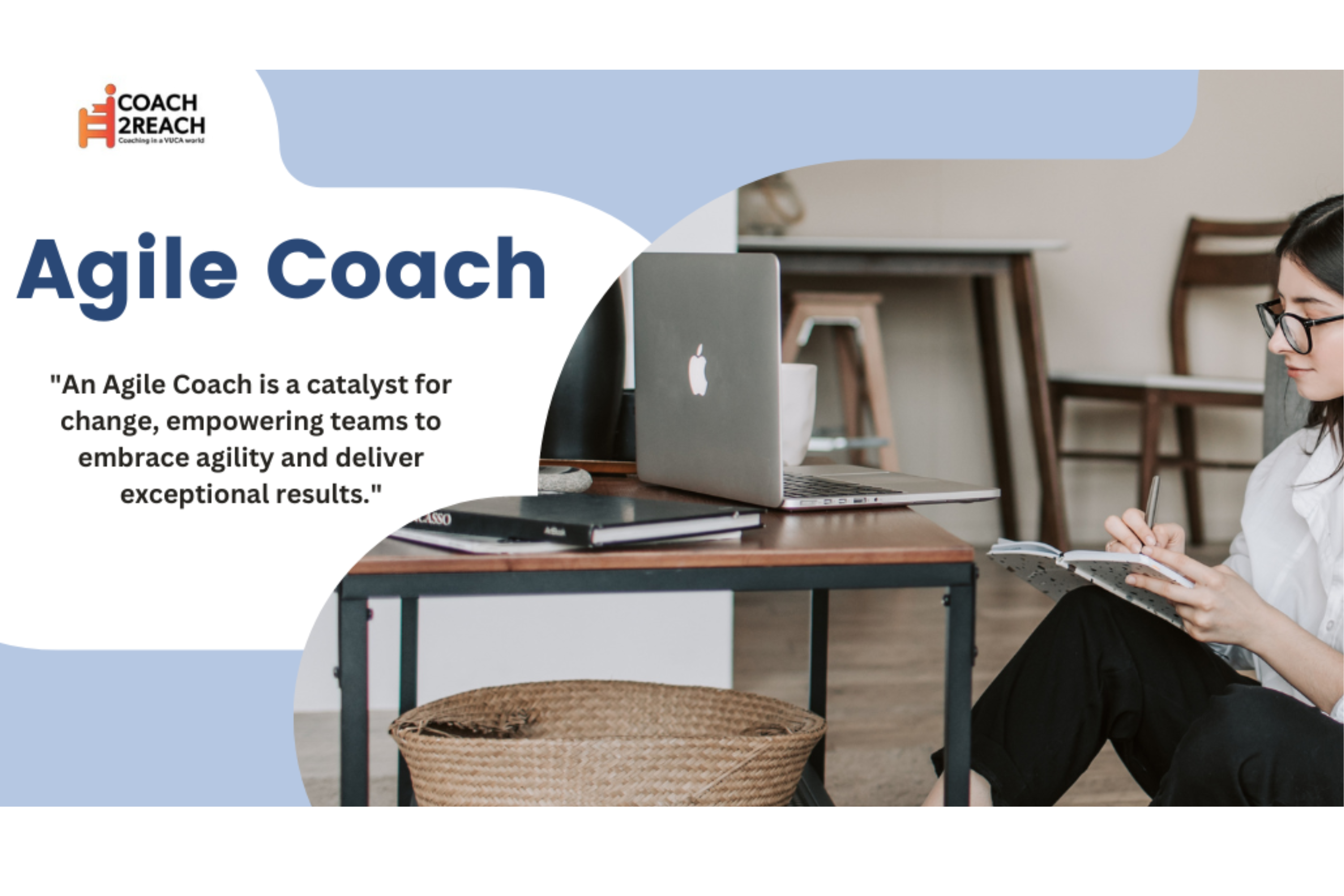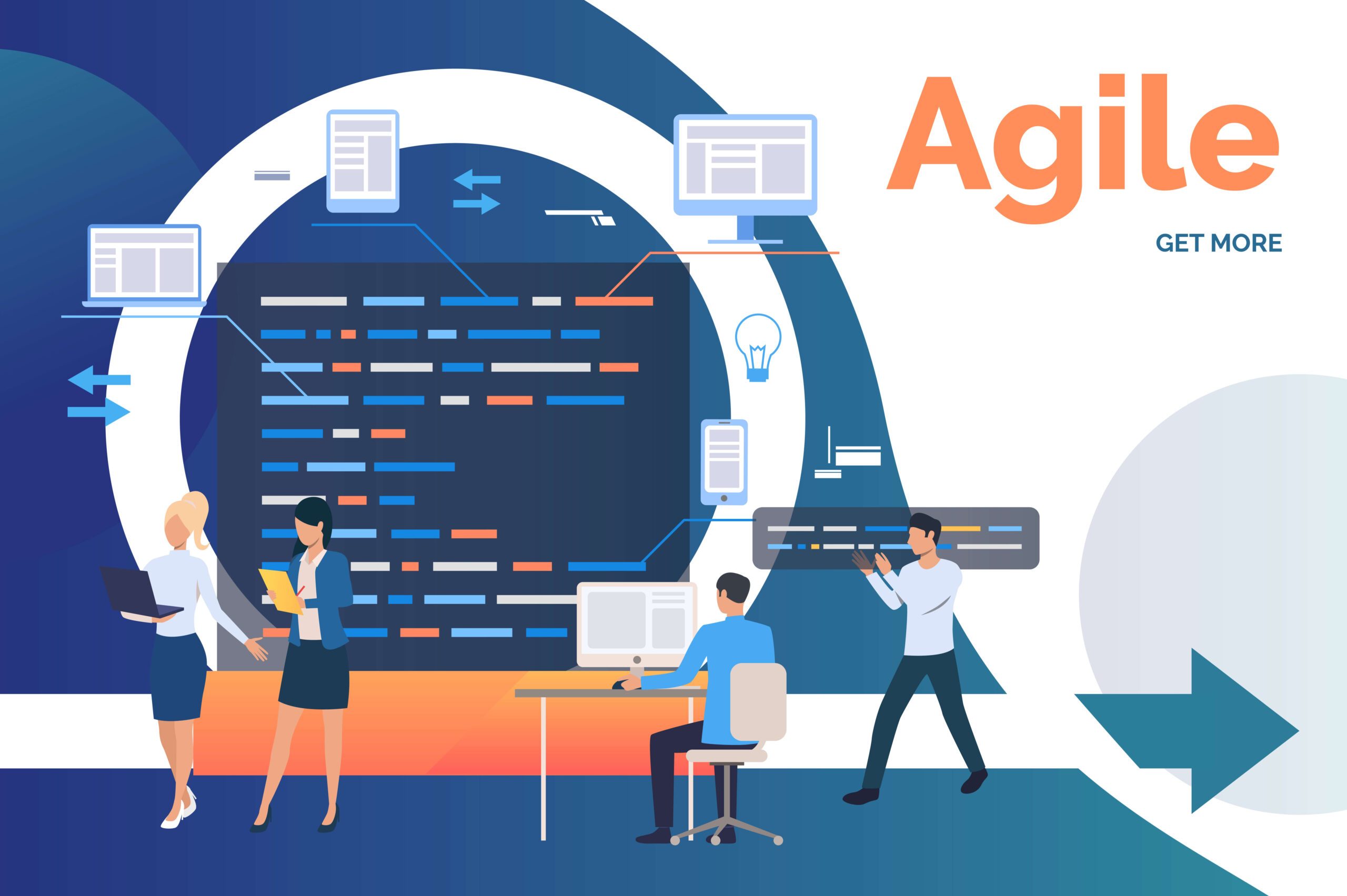Fast Track Your Career: The Ultimate Guide to Coach2Reach USA’s Agile Coach Certification

Fast Track Your Career: The Ultimate Guide to Coach2Reach USA's Agile Coach Certification
What is Agile Coaching Certification ?
The Agile Coach Certification is a professional certification program designed for experienced Agile practitioners who want to expand their knowledge and skills in coaching organizations adopting Agile methodologies at scale. It involves a comprehensive curriculum that covers Agile principles, frameworks, tools, techniques, coaching and facilitation skills, organizational change management, and leadership development. The program is usually delivered in a classroom or virtual setting and requires candidates to complete a certain number of hours of training and coaching experience, as well as pass a rigorous exam.
What Does an Agile Coach Do?
An agile coach teaches, inspires, and leads individuals, teams, and organizations as they transform the way they work.
Oftentimes, agile coaches will:
- Lead individuals, teams, and organizations to design and execute their own plan for expanding agile while providing insights based on their experience with agile.
- Provide training in a specific agile framework or in flexible agile practices.
- Provide agile leadership coaching to executives, managers, scrum masters, and team leads.
- Instill a culture of continuous improvement and collaboration.
- Collaborate with leadership to create a roadmap for sustaining agility as the organization evolves.

Agile coaching involves assisting individuals, teams, and organizations in adopting and enhancing their agile practices. An agile coach serves as a mentor and facilitator, guiding the team or organization towards increased efficiency, productivity, and overall performance, while emphasizing continuous learning and improvement.
At the team level, an agile coach helps team members collaborate more effectively, improve their processes, and deliver high-quality products.
Key Responsibilities of an Agile Coach
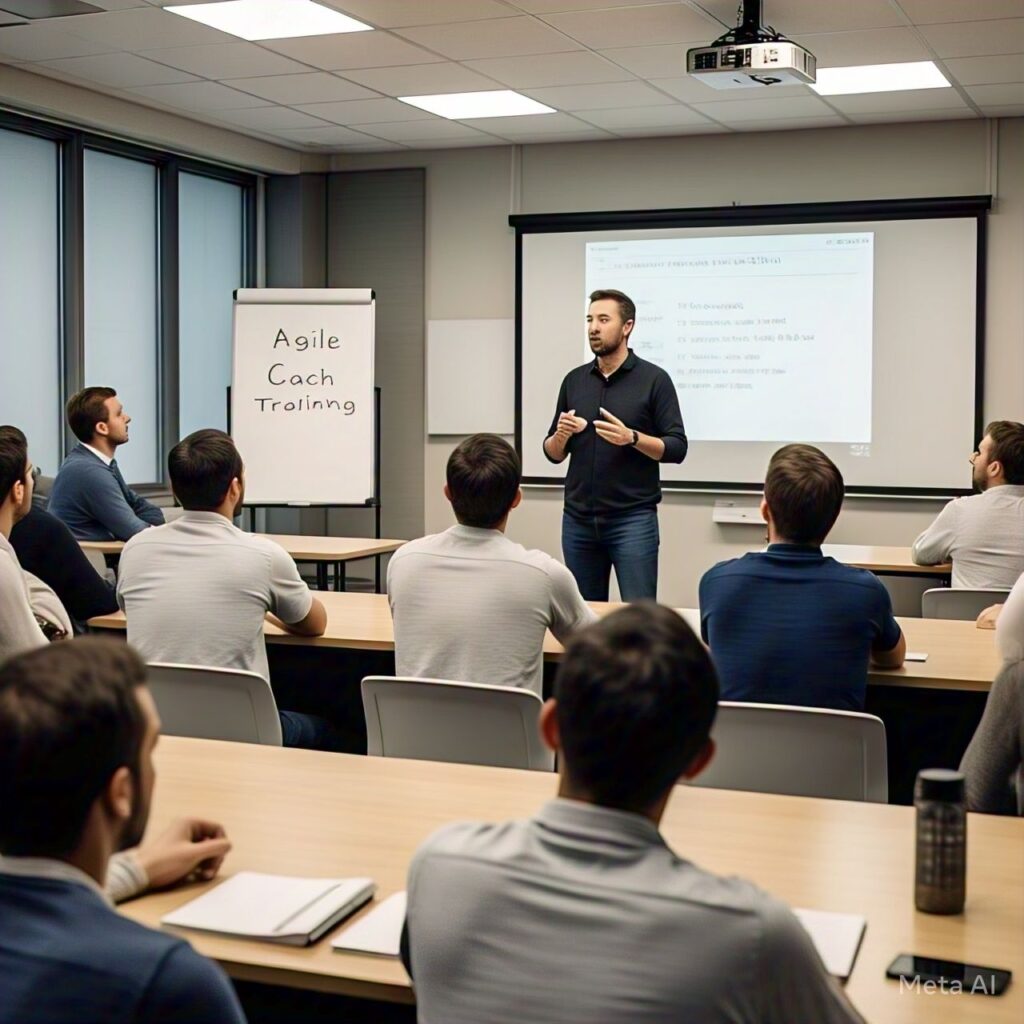
An agile coach has a wide range of responsibilities, including:
- Providing guidance and mentorship: An agile coach helps team members, stakeholders, and management understand agile principles and practices and how to apply them effectively.
- Facilitating communication and collaboration: An agile coach helps team members work together more effectively and promotes a culture of transparency and trust.
- Identifying and addressing impediments: An agile coach identifies and addresses obstacles that may be preventing the team or organization from delivering value to the customer, and helps the team or organization find solutions.
- Promoting continuous improvement: An agile coach encourages a culture of continuous improvement, helping the team or organization find ways to improve their processes, workflows, and outcomes.
The Learning Outcomes Of The Agile Coach Certification Online
The learning outcomes of the Agile Coaching certification can be summarized in the following points:
- Development in the Agile Coaching discipline: This includes understanding the Agile Coaching mindset, being a role model, achieving essential mindset shifts, self-awareness and self-management, and ethical considerations of Agile team coaching.
- Coach as Professional Coach: This includes foundational professional coaching skills such as emotional intelligence, presence, listening, powerful questioning, and giving and receiving feedback. It also involves conducting coaching conversations for action.
- Coach as Mentor: This involves key mentoring skills such as giving options, articulating expertise, mentee at free choice, mentoring Agile role transitions, identifying and handling resistance from individuals, and conducting mentoring conversations.
- Coach as Teacher: This involves key teaching skills such as using multiple content delivery mechanisms, chunking content into digestible pieces, checking for understanding, and creating an environment for stickiness. It also involves teaching Agile mindset shifts and frameworks.

- Coach as Team Coach: This includes foundational team coaching skills such as systems view, observation, articulating what’s happening, team development, handling conflict and dysfunction within the team, and handling organizational impediments.
- Set boundaries for Agile Coaching: This includes coaching alliances and contracts, designing a coaching alliance, and special considerations for contracting and designing alliances for internal vs. external coaches.
Popular Tags
Agile Coach, Agile Coaching, Agile Coach Opportunities, Agile Coach Positions, What is An Agile Coach, Agile Coaches, Agile Coaching Certification, Certified Agile Coach, What is Agile Coaching, Agile Coach Training, Role of An Agile Coach, Agile Coach Role, Coach Agile.
